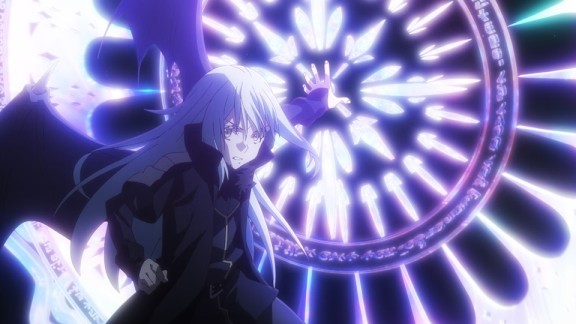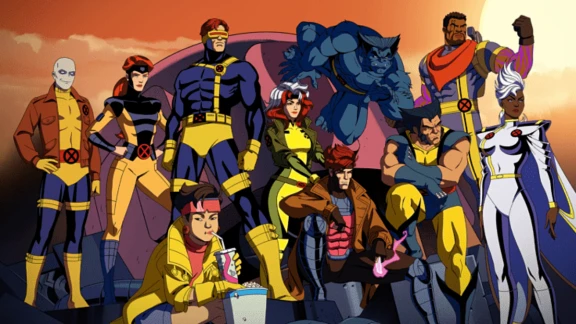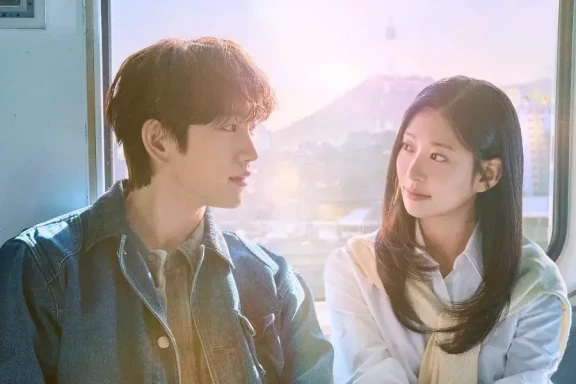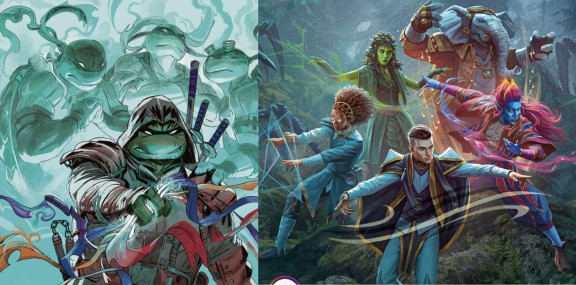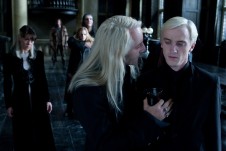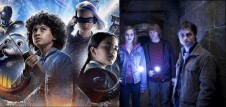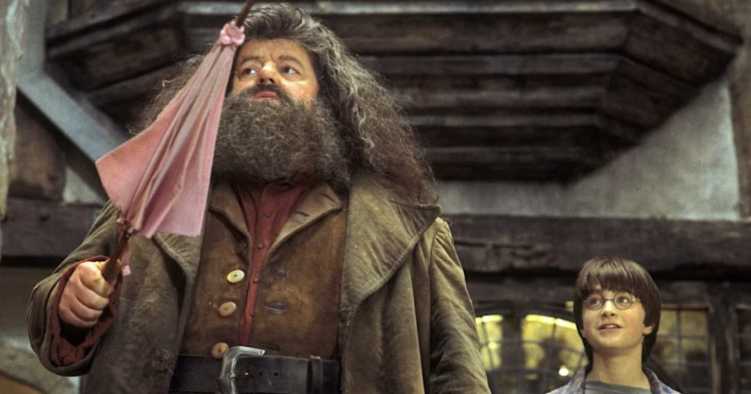
The upcoming Harry Potter television series from HBO has sparked debate even before its premiere, with Chris Columbus, the director of the first two Harry Potter films, expressing skepticism about the project’s purpose. In a recent appearance on The Rest is Entertainment podcast (via The Hollywood Reporter), Columbus voiced concerns about the new adaptation, particularly after seeing set photos that suggest HBO’s version may closely resemble the iconic films he helped create.
Columbus, who directed Harry Potter and the Sorcerer’s Stone (2001) and Harry Potter and the Chamber of Secrets (2002), was struck by the familiarity of the new series’ aesthetic. “I looked online and there are photographs of Nick Frost as Hagrid with the new Harry Potter. And he’s wearing the exact same costume that we designed for Hagrid,” Columbus said. “Part of me was like: ‘What’s the point?’ I thought everything [on the HBO show] the costumes and everything was going to be different. It’s more of the same.” His comments reflect a broader question about the necessity of revisiting a story already adapted into a highly successful eight-film franchise that grossed over $7.7 billion worldwide from 2001 to 2011.
The Harry Potter films, based on J.K. Rowling’s bestselling novels, remain cultural touchstones, with their imagery, performances, and production design deeply embedded in popular consciousness. The HBO series, currently in production, aims to adapt the same books but with the advantage of a long-form television format. This extended runtime could allow for a more detailed exploration of the novels’ subplots and characters that were omitted or condensed in the films. However, Columbus’ remarks highlight a potential challenge: the risk of the series feeling redundant if it leans too heavily on the films’ established visual and narrative language.
Despite his reservations, Columbus expressed a mix of curiosity and flattery about the project. “It’s very flattering for me, because I’m like: That’s exactly the Hagrid costume that we designed. So part of it is really exciting,” he noted. “I’m excited to see what they’re going to do with it. Part of it is sort of déjà vu all over again.” His comments suggest a tension between admiration for the enduring influence of his work and skepticism about whether the HBO series can carve out a distinct identity.
The Harry Potter TV series faces the daunting task of reimagining a story that has already been vividly brought to life. The films’ iconic moments—such as Harry’s first visit to Diagon Alley or his arrival at Hogwarts—are so well-known that any new adaptation risks being compared unfavorably to the originals. The set photos, which show Nick Frost as Hagrid in a costume nearly identical to the one worn by Robbie Coltrane in the films, underscore this challenge. While the television format offers opportunities to delve deeper into Rowling’s world, the visual similarities suggest HBO may be drawing heavily from the films’ aesthetic blueprint, potentially limiting the series’ ability to feel fresh.
Unlike other franchises that have been rebooted, such as Batman or Spider-Man, where creative teams reinterpret source material to tell new stories, the Harry Potter series is a direct adaptation of specific texts. This fidelity to the books, combined with the films’ enduring popularity, raises questions about the series’ target audience. Will it appeal to longtime fans who still rewatch the films, or will it attract new viewers unfamiliar with the original adaptations? Additionally, purists who cherish the books may scrutinize any deviations from the source material, further complicating the show’s creative balancing act.
While Columbus’ critique stems from early set photos, the final product may yet distinguish itself. The series, still in production, has not released official footage, and the polished visuals of a trailer could reveal a unique approach that sets it apart from the films. Showrunners may find ways to innovate within the constraints of adapting the same story, perhaps by emphasizing overlooked characters or exploring new thematic angles. For now, however, Columbus’ comments underscore the high stakes for HBO’s Harry Potter series as it navigates the shadow of a beloved cinematic legacy.
As production continues, the series will need to address the question Columbus posed: “What’s the point?” Whether HBO can deliver a fresh take on Harry Potter that justifies its existence remains to be seen, but the challenge of reimagining a modern classic is undeniable.
